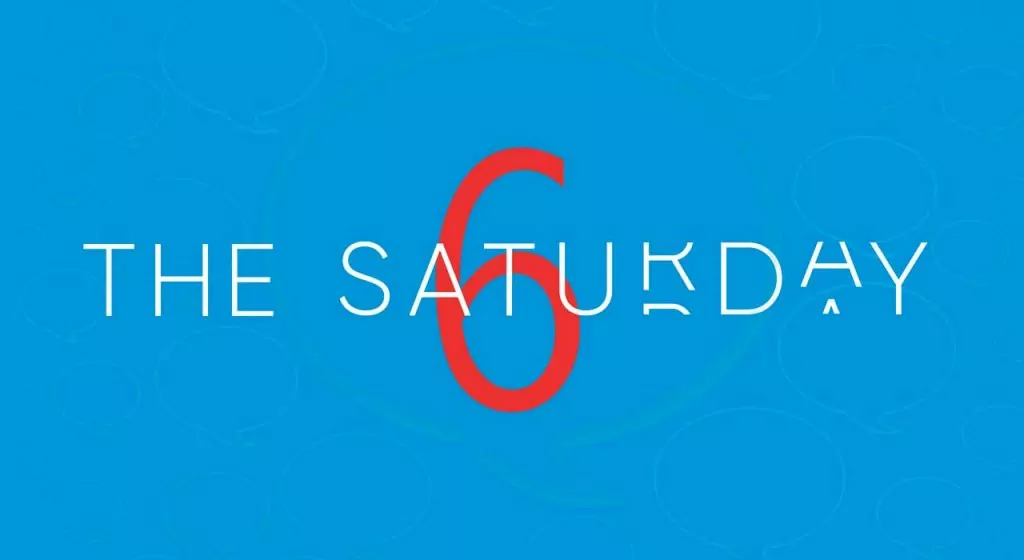
News
Woman identifies as a man who identifies as a dog
Any journalist knows there's nothing newsworthy about a dog biting a man, but when a man bites a dog then you have headline material! So you can imagine the excitement at the Daily Mail when they discovered a woman who identifies as a man who identifies as a dog. The British tabloid's Oct. 12 headline read:
"Transgender man identifies as a DOG..."
The article goes on to detail how the woman, Tony McGinn, loves to play fetch, run around on all fours, and be told by her husband and "handler" that she is a "good boy."
What's interesting is how the newspaper has only partially bought into the transgender philosophy that "thinking makes it so." When it came to McGinn telling them she was a man, the Daily Mail was happy to agree that, just because she thought she was a man, she must be one – they consistently described her as a he. But when she said she was a "human pup" they were willing to go only so far. The difference was evident even in the headline where they describe her as a transgender man but don't describe her as a dog – no, they note that this is how she "identifies."
So which is it, Daily Mail; does thinking make it so? If a woman can become a man simply by thinking it, why can't she become a dog the same way?
The newspaper isn't the only one confused here. Even the couple – Tony McGinn and her husband – switch between talking of Tony as a "real dog" and talking about this being a "fantasy" with her "pretending," "imagining" and "playing" at being a dog.
Why the confusion? Because, at least for the moment, everyone knows that people are not dogs and can never become dogs. They understand that when it comes to species, thinking doesn't make it so. But when it comes to gender they draw a different conclusion. Why?
At its root, this is about Man saying it is our thinking, not God's, that creates the world around us. And if that is what they insist, then we need to compare and contrast their confused claims with the clarity God's Word offers - "...in the image of God He created them; male and female He created them" (Gen. 1:27). God's thinking decides our species and gender. They say otherwise. But can they practice what they preach? Can they live it?
As a witness to the world, Christians need to highlight their inconsistency and demand that they either renounce the idea that thinking makes it so, and stop saying people can switch genders... or they need to fully adopt this philosophy and everything that goes with it.
Then women can become dogs. And then we need to treat these new dogs the way we treat all others. If they are dogs, why would we treat them any differently than other dogs? This is what transgender people demand, after all – to be treated as if they are the gender they claim to be. So if people can become dogs then we should require them to get dog licenses, eat kibble, fly in the airplane luggage compartment, and, of course, stop driving cars, stop shopping online at Amazon, and stop using the toilet for anything other than a drinking bowl.
And the next time a classroom of kindergarten students thinks two plus two equals five, we should expect the teacher to nod in agreement.
















